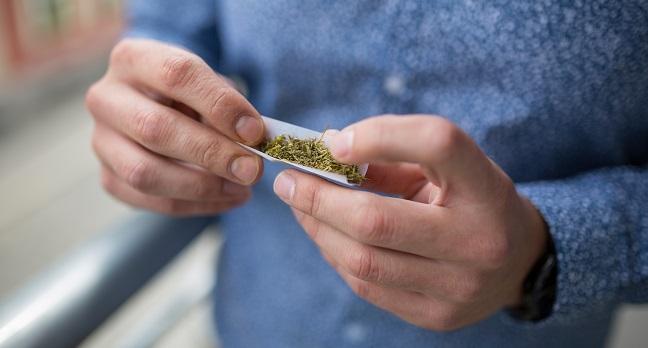With rising calls for the legalization of marijuana in different societies including Nigeria which ranks as the major source of West African-grown cannabis, as well as the world’s eighth highest consumer, its legalization in Canada and some parts of the US, it has become important to address the concerns that come with the consumption of high levels of marijuana.
A United States financial service group, Cowen, in their report states that the marijuana global industry is put at $50 billion (N18 trillion) currently. With 35 million users annually, it projects that the industry will be worth $75 billion (N27 trillion) in global sales by 2030 (inclusive of black market sales). And if we are putting Nigeria’s 2020 projected budget into consideration, that is twice the sum of Nigeria’s 2020 projected budget (N10.33trn).
As more businessmen venture into the sale of marijuana, there is an unintended consequence on its users: the rise of schizophrenia, an incurable severe mental disorder that affects how a person thinks, feels and behaves. Until recently, medical science sought for a known cause of schizophrenia. Now, with groundbreaking research, marijuana is labelled a disabling condition that is likely to cause it.
In this, it is important to note the different types of marijuana: the weed in joints and the highly potent “new cannabis” available in edibles, vapes and others. This “new cannabis” contains high levels of T.H.C (Tetrahydrocannabinol). Naturally, T.H.C is one of the over 500 compounds of marijuana, majorly affecting your mood, memory and sleep and is the psychoactive compound which makes people feel “high.”
While the high levels have been added at different times, it has reached an all-time high causing critics to raise alarm on its adverse effects on young people.
One of the main effects of marijuana is psychosis (known to the layman sometimes as hallucination), associated with paranoia. It is not yet fully established if “all” who have psychosis will go on to have schizophrenia in their later stages in life. However, Julie Foster, medical Director of Pohala Clinic, a centre for integrative care and alternative medicine approaches, observes that those who have a family history of psychosis, child abuse, anxiety, mood disorders, living in urban areas, and stressful life events are more prone to psychotic behaviour from using marijuana.
“Unless followed closely as medication, I think marijuana could easily contribute to the delusions and hallucinations that come with schizophrenia. I have also not found any long-term supporting evidence that people with schizophrenia benefit from its use,” she notes.
While it has been established that those who use cannabis have recurrent psychotic problems including those who smoke cigarettes, it is a causal relationship of the more you smoke, the greater your chances of schizophrenia.
Why should I be bothered?
The prefrontal cortex where thinking occurs has receptors (CB1 receptors) which cannabis engages. Although it is an agreed fact that psychosis can be genetic and those whose genes are affected by psychosis are more at risk,
“It is highly likely, based on the results of this study and others, that cannabis use during adolescence through to age 25, when the brain is maturing and at its peak of growth in a genetically vulnerable individual, can initiate the onset of schizophrenia,” Dr Lynn E. DeLisi of Harvard Medical School.
Again, arguments may suffice that medical marijuana is a lot safer and better than recreational marijuana, Dr. Marc Manseau, a Clinical Assistant Professor of Psychiatry at the New York University School of Medicine says that because there are no rules guiding what medical marijuana should contain, there are doubts on this argument especially with people that have a history.
As such, it is best advised to totally avoid marijuana if you have any of the conditions listed by Foster.
THE GUARDIAN
